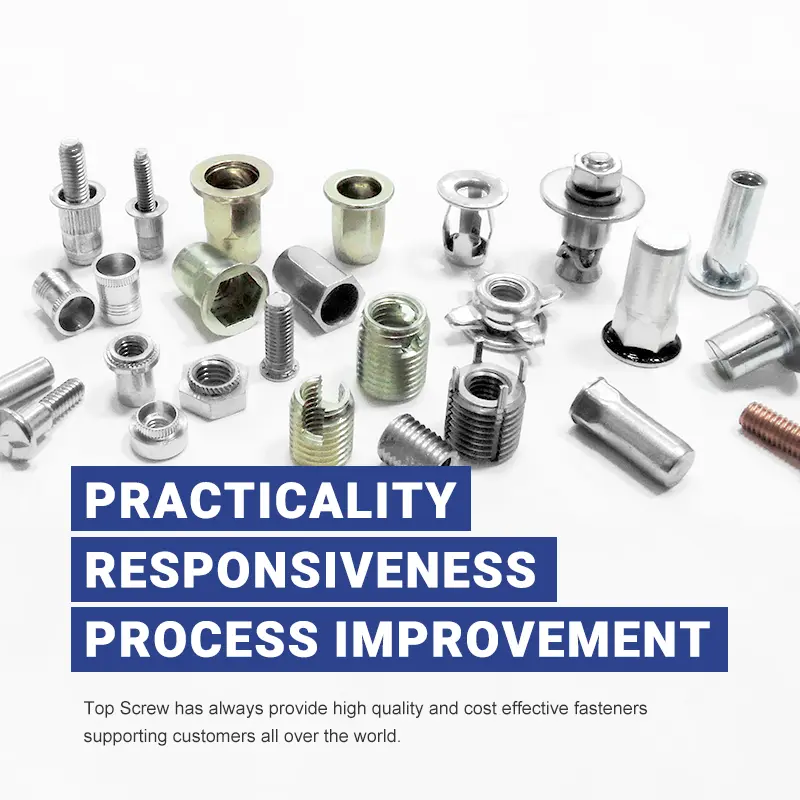From Basics to Advanced: Essential for Mechanical Engineering: Washer Selection and Installation Tips


The Key Role and Applications of Washer Gaskets
Have you ever wondered, "Is a washer the same as a gasket?" In fact, washer gaskets play a crucial role in mechanical systems. They are primarily used to distribute pressure, prevent bolt loosening, and protect joint surfaces. Whether in mechanical manufacturing, the automotive industry, or everyday household repairs, washer gaskets are indispensable.
This article will provide an in-depth look at different types of washer gaskets, material selection, and key application considerations in various environments. By the end, you'll be able to choose the most suitable washer gasket to enhance the stability and durability of your mechanical equipment.
Basic Functions and Application Areas of Washer Gaskets
✅ Key Functions
✔ Distribute Pressure: Prevent bolts or nuts from directly damaging materials.
✔ Prevent Loosening: Enhance fastening effectiveness and prevent mechanical parts from coming loose.
✔ Provide Sealing: Prevent liquid or gas leakage.
✔ Protect Surfaces: Avoid scratches or damage to joint materials caused by bolts.
🔧 Application Scenarios
🔹 Mechanical Manufacturing: Ensures firm bolt fastening and extends equipment lifespan.
🔹 Automotive Industry: Provides vibration resistance, prevents oil leaks, and enhances vehicle durability.
🔹 Construction Engineering: Secures steel structures and improves building stability.
🔹 Household Repairs: Used in furniture assembly and plumbing connections to prevent leaks and loosening.
How to Choose the Right Washer Gasket?
💡 Material Selection
📌 Stainless Steel: Corrosion-resistant and high-strength, suitable for humid or harsh environments.
📌 Copper: Excellent electrical and thermal conductivity, ideal for electronic and sealing applications.
📌 Rubber: Great shock absorption and waterproof sealing, commonly used in automotive and industrial applications.
📌 Aluminum: Lightweight and corrosion-resistant, frequently found in aerospace and automotive industries.
📌 Nylon: Wear-resistant and insulating, ideal for electrical and low-friction environments.
💡 Types and Functional Differences
🔸 Flat Washer: Evenly distributes pressure and protects surfaces.
🔸 Spring Washer: Absorbs vibration and prevents bolts from loosening.
🔸 Lock Washer: Enhances bolt fastening strength and prevents rotation loosening.
🔸 Sealing Washer: Prevents liquid or gas leakage.
Choosing Washer Gaskets for Special Application Environments
🔥 High-Temperature Environments → Stainless steel or ceramic gaskets, heat-resistant and non-deformable.
⚡ High-Pressure Environments → High-strength alloy gaskets, ensuring pressure resistance without cracking.
🛠 High-Vibration Environments → Spring washers, effectively absorbing shocks and securing structures.
🧪 Corrosive Environments → PTFE (Teflon) gaskets, offering excellent chemical resistance.
Conclusion: Choose the Right Washer Gasket for Stronger and More Durable Machinery!
Though small in size, washer gaskets play a key role in mechanical assembly and maintenance.
Selecting the right gasket not only ensures secure bolt fastening but also extends equipment lifespan and improves safety.
Whether dealing with high temperatures, high pressure, vibration, or corrosive environments, choosing the correct gasket can effectively solve various engineering and maintenance challenges!

